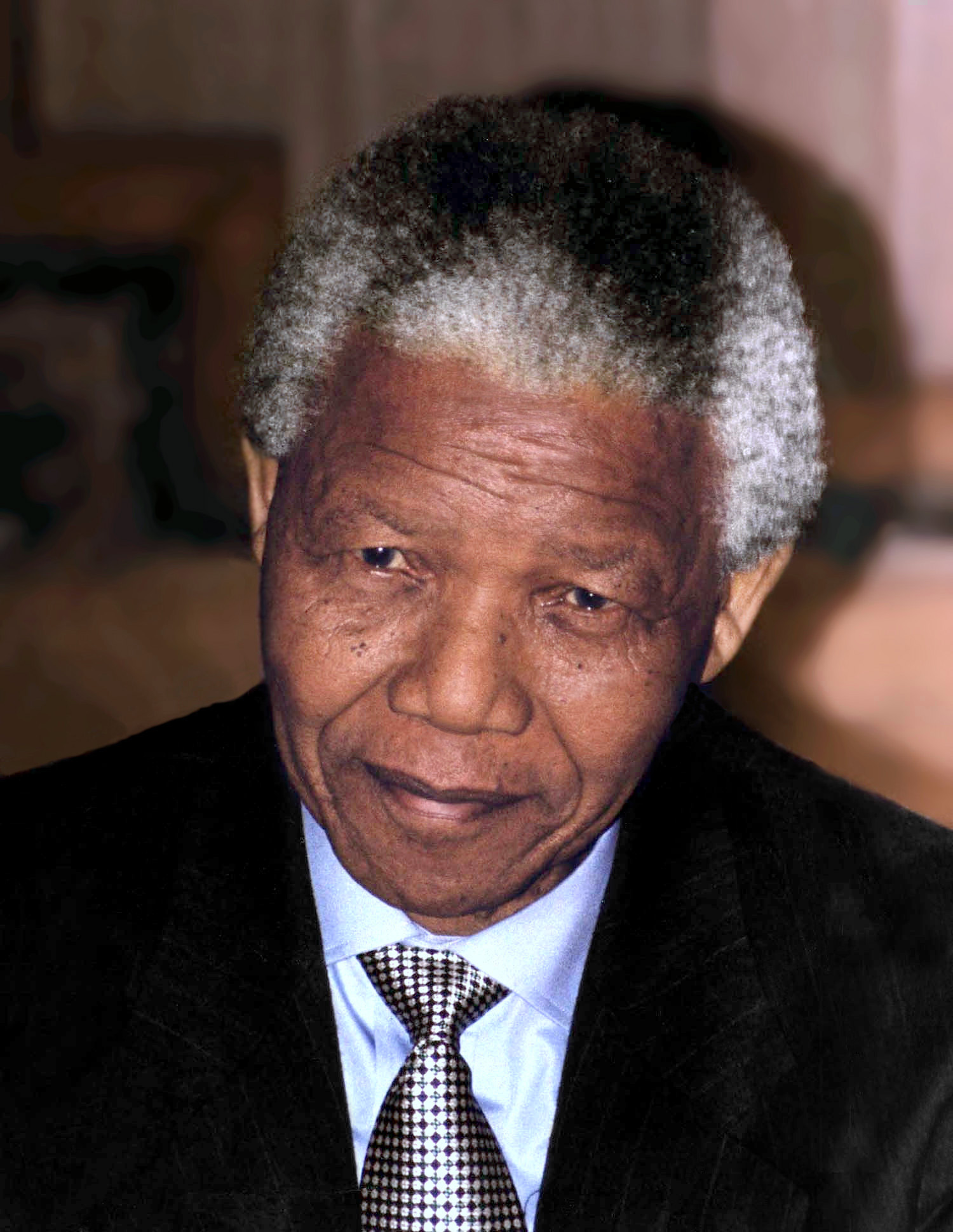Powerful friendships shattered, trusted allies turning into foes, and empires brought to their knees—political betrayals have always sent shockwaves through history. Imagine feeling safe beside someone, only to discover their dagger at your back. These tales aren’t just about politics; they’re about the rawest parts of human nature—ambition, fear, and the thirst for power. The world has never been the same after some of these shocking acts. Let’s dive into the most infamous betrayals that changed nations, toppled leaders, and left scars that still shape our world.
Julius Caesar and Brutus: The Ultimate Backstab

Few stories of betrayal are as famous—or as heart-wrenching—as that of Julius Caesar and his once-trusted friend, Brutus. In 44 BC, Rome was already a city of intrigue and shifting alliances, but no one expected Brutus, who was like a son to Caesar, to be at the center of his assassination. The conspirators believed they were saving the Roman Republic from tyranny, but for Caesar, the deepest wound came from Brutus. When Caesar reportedly uttered, “Et tu, Brute?” it was more than a question—it was the cry of a friend completely blindsided. This act didn’t just end Caesar’s life; it signaled the fall of the Republic and the rise of the Empire, forever altering Rome’s destiny.
Benedict Arnold’s Treachery: The American Turncoat

Benedict Arnold’s name has become a byword for treason in America, and for good reason. Once a celebrated general in the American Revolution, Arnold’s resentment over perceived slights and his desire for greater recognition led him down a dark path. In 1780, he plotted to hand over the strategic stronghold of West Point to the British. When the plot was discovered, Arnold fled, leaving his country shocked and his legacy tarnished. Americans felt stung, not just by his actions but by the realization that even a hero could turn against his own cause. His betrayal still echoes in American culture, a reminder of how easily trust can be broken when ambition and bitterness collide.
The Dreyfus Affair: Betrayal and Injustice in France

The Dreyfus Affair shook France to its core, exposing ugly truths about prejudice and injustice. Captain Alfred Dreyfus, a Jewish officer, was accused and convicted of treason in 1894, but the real betrayal wasn’t just the false charges—it was the willingness of the military and much of French society to condemn him without evidence, simply because of his heritage. The case became a lightning rod for debates about fairness, loyalty, and the dangers of blind nationalism. Protests erupted across the country, with famous voices demanding justice. The scars from this betrayal lingered, pushing France to confront its deep divisions and eventually leading to reforms in its legal and political systems.
The Night of the Long Knives: Hitler’s Ruthless Purge

In 1934, Germany witnessed one of the most chilling betrayals within its own ruling party. Adolf Hitler, determined to eliminate rivals and secure his grip on power, launched the Night of the Long Knives. Over a few bloody days, members of the SA and other perceived threats were murdered, including Ernst Röhm, once a close ally of Hitler. The sheer brutality shocked the world and terrified those within the Nazi ranks. This ruthless betrayal didn’t just remove obstacles—it sent a message: loyalty to Hitler was a matter of life and death. The event paved the way for his absolute dictatorship and the horrors that followed.
The Fall of the Romanov Dynasty: Betrayed by Their Own

The Russian Revolution of 1917 brought an end to more than 300 years of Romanov rule, but the royal family’s downfall was especially tragic because of betrayal from within. Tsar Nicholas II and his family found themselves abandoned by generals, politicians, and even former friends who had pledged loyalty. The betrayal didn’t end with abdication; it continued until the family’s secret execution by Bolshevik forces. The world watched in horror as Russia plunged into chaos. This act of betrayal wasn’t just about politics—it was a personal tragedy that marked the start of a new, tumultuous era for Russia and the world.
The Iran-Contra Affair: Secret Deals and Shattered Trust

The Iran-Contra Affair of the 1980s revealed just how far some leaders would go to bypass the rules. Senior officials in the U.S. government orchestrated secret arms sales to Iran—despite an embargo—and used the profits to fund Contra rebels in Nicaragua. This elaborate scheme bypassed Congress and deceived the American public. The scandal broke wide open, leading to investigations, public outrage, and the conviction of several top officials. People felt betrayed by the very institutions meant to protect democracy. The affair highlighted the dangerous temptations of unchecked power and the importance of transparency in government.
The Betrayal of the Kurds: Forgotten Allies

History is littered with stories of the Kurds being promised support, only to be abandoned when it mattered most. One of the most heart-wrenching examples came after the Gulf War in the early 1990s. Encouraged by the West to rise against Saddam Hussein, the Kurds in Iraq found themselves alone when support failed to arrive. What followed were brutal reprisals from Saddam’s regime, leading to immense suffering. For the Kurds, this betrayal wasn’t just a political blow—it was a deep wound that has shaped their identity and struggle for recognition ever since. Their story is a haunting example of how political promises can be as fragile as the alliances behind them.
The Assassination of Archduke Franz Ferdinand: A Shot Heard Around the World

The assassination of Archduke Franz Ferdinand in 1914 was a spark that set the whole world on fire. His death at the hands of Gavrilo Princip, a member of the secretive Black Hand group, was an act of betrayal that reverberated far beyond Austria-Hungary. The Archduke’s trust in the security around him proved tragically misplaced. That single moment of treachery triggered a domino effect—alliances were activated, declarations of war were made, and World War I erupted. Millions suffered because of a betrayal that, at first glance, seemed so small but proved world-shattering.
The Betrayal of Nelson Mandela: Tested Loyalties and Unbroken Spirit

Nelson Mandela’s long walk to freedom was anything but simple. Imprisoned for decades, he faced not just enemies outside but betrayal from within the anti-apartheid movement. Some members of the African National Congress urged Mandela to compromise his values for personal gain or early release. Others doubted his leadership. Yet, Mandela stood firm, refusing to betray his commitment to equality and justice, no matter the cost. It’s almost ironic—the man most betrayed by his own side emerged as the symbol of forgiveness and unity. His resolve inspired a nation to heal and remains an example of how to overcome betrayal with dignity.
The Legacy of Betrayal

Political betrayals have always left deep scars, shaping the destinies of nations and individuals alike. These events reveal the fragility of trust and the devastating consequences when it’s broken. While the names and faces may change, the emotions—shock, anger, disbelief—remain the same. Betrayal in politics is more than just a story; it’s a warning. Every act of treachery in history carries a lesson about the cost of ambition, the dangers of unchecked power, and the enduring importance of loyalty and integrity.

